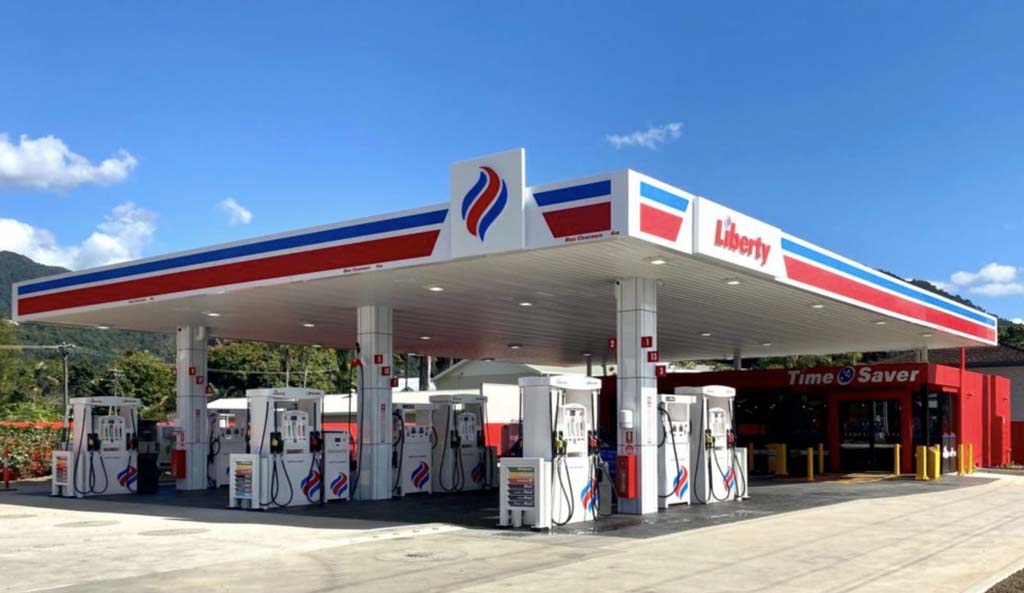AS 1940 Fuel Storage Compliance: Common Gaps at Petrol Stations
22 October 2025
Stay fully compliant with AS 1940 fuel storage standards. Future Fuel Services offers expert, reliable solutions for petrol stations throughout Australia.
AS 1940 fuel storage compliance establishes strict guidelines for the safe handling and management of flammable liquids. For petrol stations, following these standards protects workers, customers, and the environment while ensuring regulatory requirements are met. At Future Fuel Services, we have seen how overlooked compliance issues can lead to safety risks and operational delays.
Understanding AS 1940 Fuel Storage Standards
AS 1940 sets strict guidelines for handling, storing, and dispensing flammable liquids to prevent fires, vapour build-up, and contamination. Compliance protects both businesses and communities by reducing environmental risks and ensuring safe operations. Non-compliance can lead to fines, shutdowns, and costly damage to reputation.
For further insights, review the WorkSafe Victoria “Code of Practice: The Storage and Handling of Dangerous Goods” to ensure your site meets local safety standards.
Common Gaps Found at Petrol Stations
Many petrol stations unknowingly fall short of the AS 1940 fuel storage compliance. These issues often stem from outdated equipment, poor maintenance, or a lack of awareness among staff. Addressing these gaps is vital to maintaining safe and compliant operations.
• Inadequate Spill Control and Bunding: Spill control systems and bunding must meet specific size and construction standards. Errors such as undersized bunds or poor upkeep increase the risk of leaks spreading and causing contamination.
• Poor Tank Maintenance and Inspections: Storage tanks require routine inspections to identify early signs of wear or corrosion. Without regular checks, small faults can escalate into hazardous leaks or structural failures.
• Improper Signage and Labelling: Clear and accurate signage is essential for identifying hazards and guiding emergency responses. Incorrect or missing labels on tanks and equipment compromise safety and compliance.
• Non-Compliant Ventilation and Fire Safety Systems: Proper ventilation prevents the build-up of dangerous vapours around fuel storage areas. Missing or outdated fire suppression equipment, including emergency shut-off systems, poses serious safety risks.
• Inaccurate Record-Keeping and Documentation: Detailed, up-to-date records of inspections, maintenance, and compliance checks are essential. Incomplete or missing documentation can result in fines and legal complications during audits.
How to Address Compliance Issues
At Future Fuel Services, we help petrol stations take proactive steps to meet AS 1940 fuel storage compliance and avoid costly penalties. Our team conducts regular site audits to identify risks early, ensuring issues are addressed before they escalate. We also provide staff training to build awareness and strengthen a culture of safety and compliance.
Partnering with our experts gives you access to skilled professionals who deliver upgrades, maintenance, and inspections that meet all Australian standards. This proactive approach safeguards operational continuity, minimises downtime, and protects both people and assets. These measures keep your fuel storage operations safe, efficient, and fully compliant.
Future Fuel Services: Your Partner in Compliance
Maintaining AS 1940 fuel storage compliance is essential for preventing accidents, protecting the environment, and meeting legal obligations. At Future Fuel Services, we provide fully compliant fuel infrastructure solutions aligned with all Australian standards. Our expertise ensures clients can maximise fuel capacity, minimise downtime, and maintain safe, efficient operations.
Contact us for professional, reliable compliance services that safeguard your business and keep your site operating at its best.
Related Blog Article: Need Fuel System Compliance? Schedule Your Tank and Line Testing with Future Fuels
Optimized by: Netwizard SEO

